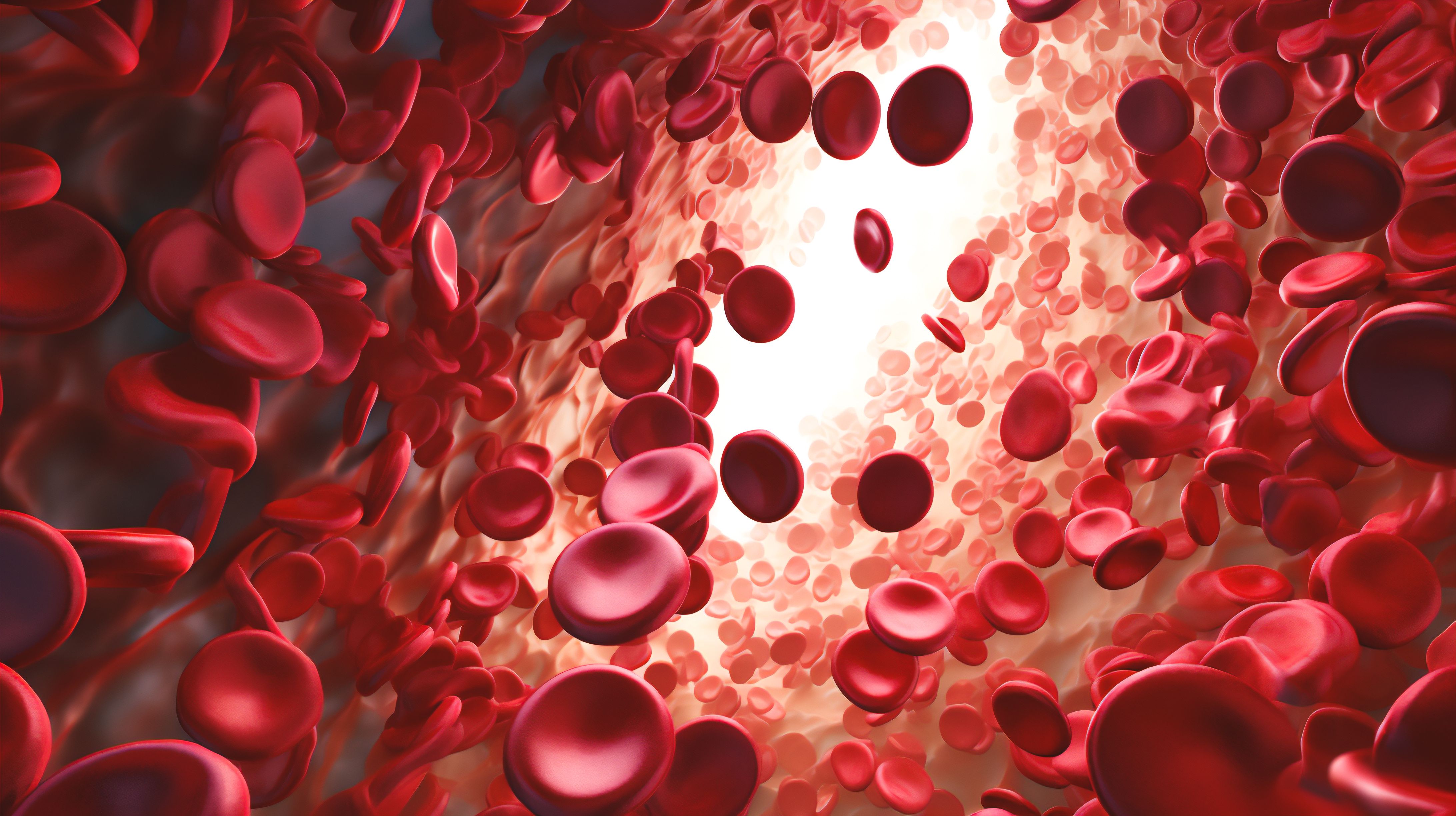IND Application Submitted to FDA for SynKIR-310 Trial in R/R B-NHL
An investigational new drug application for SynKIR-310's phase 1 trial targeting relapsed/refractory B-cell non-Hodgkin lymphomas was submitted to the FDA.
- An investigational new drug (IND) application for the phase 1 trial of SynKIR-310 was submitted to the FDA.
- The trial is evaluating the agent for the treatment of relapsed/refractory B-cell non-Hodgkin lymphomas (B-NHL), including diffuse large B-cell lymphoma (DLBCL), follicular lymphoma (FL), mantle cell lymphoma (MCL), and marginal zone lymphoma (MZL).
- This phase 1 trial will be the second study evaluating the SynKIR platform for those with DLBCL and other relapsed/refractory B-NHL subtypes after standard of care, including chimeric antigen receptor (CAR) T-cell therapies.

The FDA has received an IND application submission for the phase 1 trial of SynKIR-310 for the treatment of patients with relapsed/refractory B-NHL, including DLBCL, FL, MCL, and MZL.1
Verismo Therapeutics anticipates initiating the CELESTIAL-301 clinical trial for SynKIR-310 in 2024, pending regulatory approval. This trial will represent the company's second study investigating the KIR-CAR platform technology.
"Verismo is in a unique position with SynKIR-310 to address the challenges associated with the current treatment of relapsed/refractory B-cell NHL, including relapse after treatment with commercially approved CAR T[-cell] therapies," said Laura Johnson, PhD, chief scientific officer of Verismo Therapeutics, in a press release.
Close-up of red blood cells flowing through a vein: © catalin - stock.adobe.com

The SynKIR-310 relies on the proprietary CD19 binder, DS191, from Verismo Therapeutics, which was specifically made for the KIR-CAR platform technology to enable treatment of B-cell associated disorders and malignancies.
SynKIR-310, like commercially approved CAR T-cell therapies, is directed by DS191 to target a similar epitope of CD19. However, with SynKIR-310 has an added potential to prolong antitumor T-cell function and persistence.
In preclinical studies, this improved persistence allowed KIR-CAR T cells to shrink even tumors resistant to traditional CAR T-cell therapy. Researchers are now also exploring ways to combine it with other cutting-edge treatments, potentially creating a powerful next-generation immunotherapy for patients with cancer.
SynKIR-110, an investigational new drug being developed for the treatment of patients with mesothelin-expressing mesothelioma, cholangiocarcinoma, and ovarian cancer, is currently undergoing evaluation in a phase 1 clinical trial titled STAR-101 (NCT05568680) at 2 sites. There are plans to expand to 4 sites in 2024.2
This agent is also a part of the SynKIR platform and received a fast track designation from the FDA for the treatment of patients with mesothelioma in April 2023.
"We believe SynKIR-310, comprised of a split-chain KIR-CAR incorporating our novel DS191 binder, has the potential to prolong T-cell antitumor function, and improve persistence in patients with aggressive lymphomas, preventing early disease relapse. Initiation of the clinical trial is the culmination of years of focused research and diligent work by the Verismo team," Johnson added in the press release.1
REFERENCES:
1. Verismo Therapeutics announces submission of IND application to the FDA for SynKIR™-310 in relapsed/refractory B-cell NHL. News release. Verismo Therapeutics. April 3, 2024. Accessed April 3, 2024. https://tinyurl.com/mphjpast
2. Verismo Therapeutics secures fast track designation from the U.S. food and drug administration (FDA) for SynKIR-110. News release. Verismo Therapeutics. April 5, 2023. Accessed April 3, 2024. https://prn.to/3UjcFij
Examining the Non-Hodgkin Lymphoma Treatment Paradigm
July 15th 2022In season 3, episode 6 of Targeted Talks, Yazan Samhouri, MD, discusses the exciting new agents for the treatment of non-Hodgkin lymphoma, the clinical trials that support their use, and hopes for the future of treatment.
Listen
Early Data Shows Axi-Cel’s Potential in Treating R/R Primary and Secondary CNS Lymphomas
June 13th 2024Findings from a phase 1 trial presented at ASCO showed that axicabtagene ciloleucel was safe with clinical activity seen among patients with relapsed/refractory primary and secondary central nervous system lymphoma.
Read More